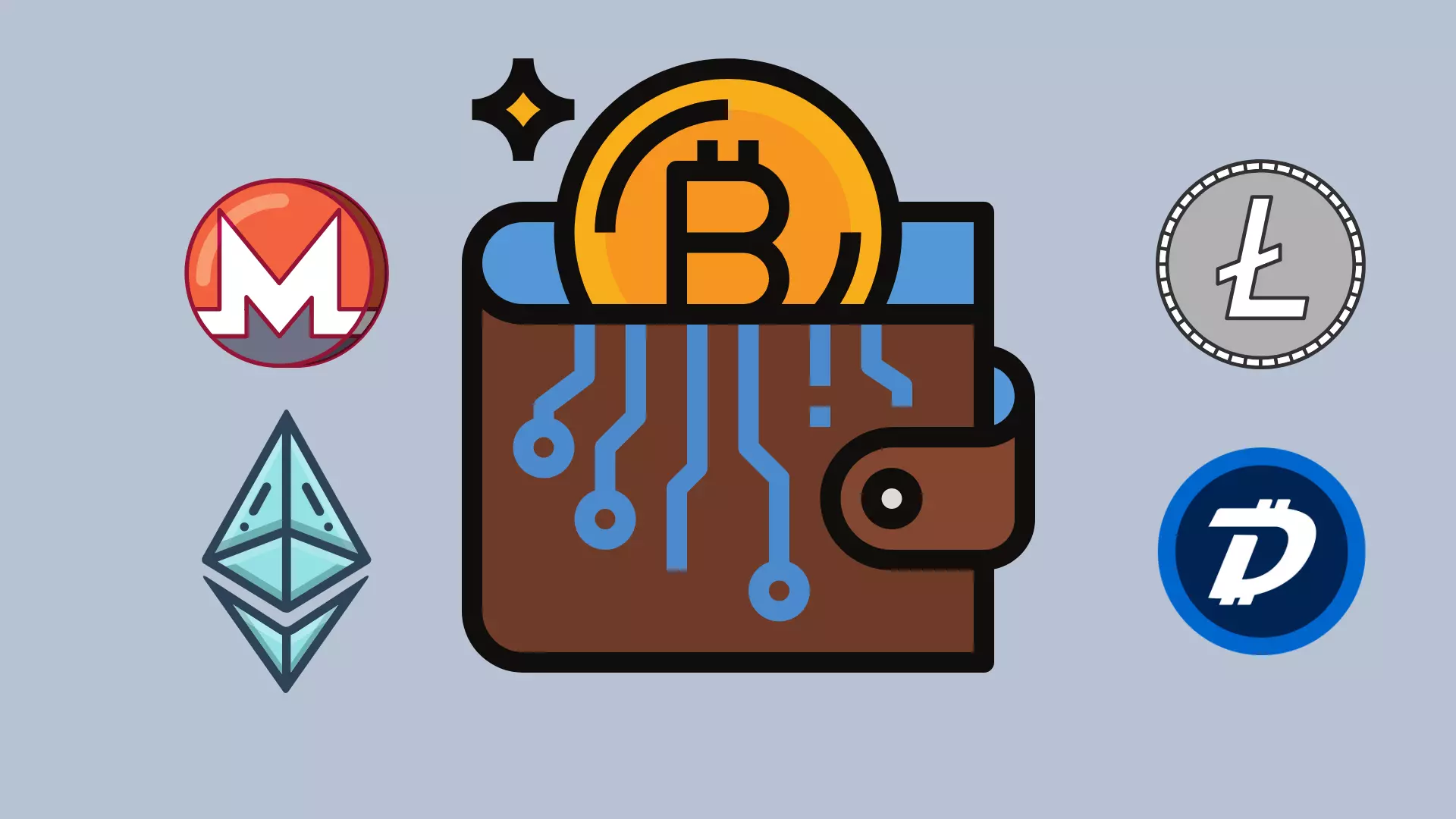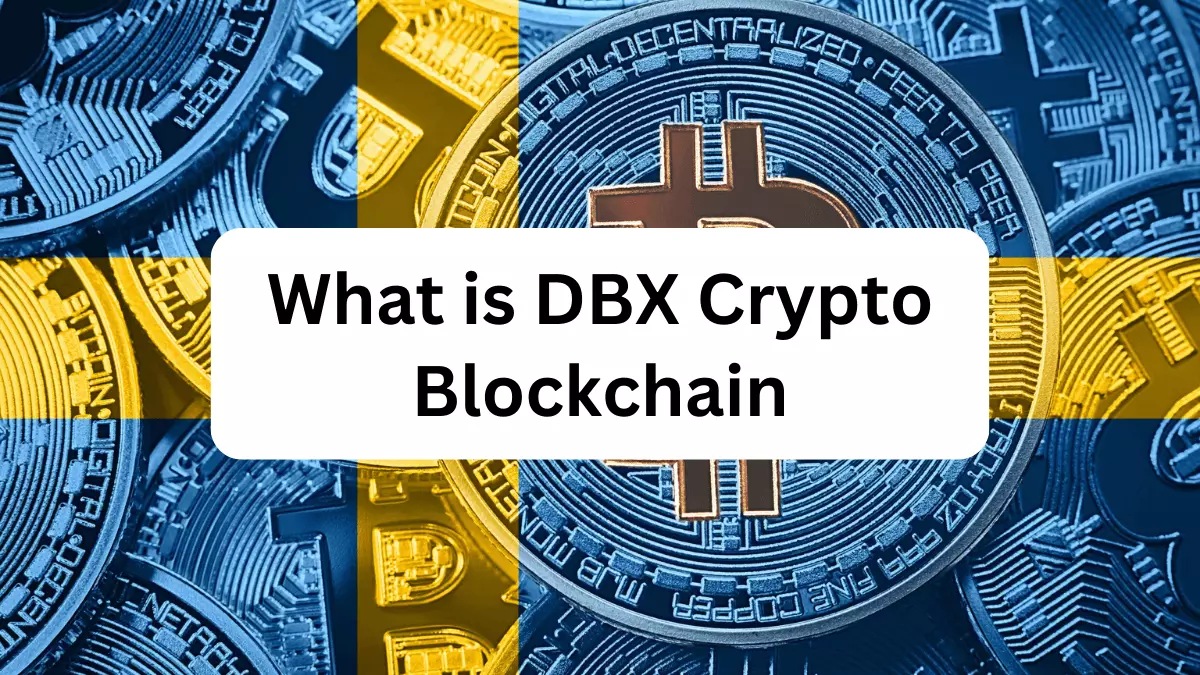What is a Crypto Incubator

Introduction
In the fast-paced world of cryptocurrencies, emerging startups face numerous challenges when establishing their presence. This is where crypto incubators come into play. As an entrepreneur, I’ve had the opportunity to explore the benefits of joining such programs firsthand. A crypto incubator is a specialized organization that supports and nurtures innovative blockchain startups. It provides essential resources, mentorship, networking opportunities, and funding to help these startups thrive. Think of it as a launchpad for your crypto venture, guiding you through the industry’s intricacies and connecting you with key players who can accelerate your success.
Similar content you might enjoy: How to Put Crypto on a USB
Content
The Role of a Crypto Incubator

As I delved deeper into the world of crypto incubators, I discovered their pivotal role in shaping the success of innovative blockchain startups. Let’s explore the various aspects of their involvement and how they contribute to the growth of these ventures.
- Identifying Promising Projects and Startups
- Scouting for potential: Crypto incubators actively seek out promising projects and startups with unique ideas and potential for disruption.
- Evaluating feasibility: Through meticulous research and analysis, incubators assess these ventures’ feasibility and market viability.
- Providing Workspace and Infrastructure
- Creating a conducive environment: Incubators offer physical spaces or virtual platforms where startups can work, collaborate, and access necessary infrastructure.
- State-of-the-art facilities: From high-speed internet to cutting-edge technologies, these incubators ensure startups have the tools to thrive.
- Offering Educational and Training Programs
- Knowledge enhancement: Crypto incubators provide educational resources, workshops, and training programs to equip entrepreneurs with essential skills and industry insights.
- Mentoring and guidance: Seasoned experts and industry professionals act as mentors, offering personalized advice and guidance to help startups navigate challenges.
- Assisting with Legal and Regulatory Compliance
- Regulatory expertise: Incubators assist startups in understanding and complying with complex legal and regulatory frameworks specific to the crypto industry.
- Navigating compliance challenges: They help startups address issues related to licensing, intellectual property, and data privacy, ensuring they operate within legal boundaries.
- Facilitating Connections with Industry Leaders
- Networking opportunities: Crypto incubators provide valuable networking platforms where startups can connect with industry leaders, investors, and potential partners.
- Opening doors to collaboration: Through their extensive networks, incubators foster collaborations, joint ventures, and strategic partnerships, which can significantly enhance a startup’s growth prospects.
- Funding and Investment Support
- Securing financial backing: Crypto incubators often offer seed funding or help startups access funding from angel investors, venture capitalists, or crowdfunding platforms.
- Investment readiness: They assist startups in refining their business models, crafting compelling pitch decks, and preparing for investment presentations.
By assuming the role of a supportive guide and facilitator, crypto incubators empower startups to navigate the complex crypto landscape effectively. Their comprehensive range of services and resources provides startups the tools to thrive and significantly impact the industry.
How Crypto Incubators Operate

Having experienced the inner workings of crypto incubators, I’ve witnessed firsthand the dynamic processes that drive these programs. Let’s delve into the details of how crypto incubators operate and support the growth of blockchain startups.
- Application and Selection Process
- The initial step: Startups interested in joining a crypto incubator typically submit an application detailing their project, team, and vision.
- Screening and evaluation: Incubators carefully review these applications, assessing market potential, innovation, and team expertise.
- Selecting the best: After a thorough evaluation, the incubator selects the most promising startups to join their program.
- Incubation Period and Milestones
- Setting the timeline: Startups enter into an agreed-upon incubation period, ranging from several months to a year or more.
- Milestone-driven progress: During this time, startups work towards achieving specific milestones, such as developing a minimum viable product (MVP) or acquiring a certain number of users.
- Regular check-ins: Incubators conduct regular check-ins and progress assessments to ensure startups stay on track and receive the necessary support.
- Incubator Services and Support
- Access to resources: Crypto incubators provide startups with a range of resources, including office space, infrastructure, software tools, and access to industry networks.
- Mentorship and guidance: Startups receive personalized mentorship from experienced professionals who provide strategic advice, help refine business models, and offer industry-specific insights.
- Educational programs: Incubators often offer educational workshops, seminars, and training sessions to enhance the entrepreneurial skills of the startup teams.
- Legal and regulatory assistance: Incubators help startups navigate the complex legal and regulatory landscape, ensuring compliance and minimizing potential risks.
- Evaluating and Measuring Startup Progress
- Performance assessment: Incubators continuously evaluate startups’ progress against predefined milestones and key performance indicators (KPIs).
- Pivot or persevere: If a startup faces challenges or needs to adapt its strategy, the incubator assists in analyzing the situation and deciding whether to pivot or persevere.
- Feedback and support: Startups receive constructive feedback from mentors and incubator staff to help them refine their approach and improve their chances of success.
- Graduation and Post-Incubation Support
- Graduation criteria: Startups graduate from the incubator program once they achieve predetermined goals or milestones.
- Post-incubation assistance: Even after graduation, incubators may continue to offer support, connecting startups with potential investors, customers, or strategic partners.
By following this structured and supportive approach, crypto incubators empower startups to navigate the challenging landscape of the crypto industry. Their guidance, resources, and strategic assistance significantly enhance these innovative ventures’ success prospects.
Tips for Choosing the Right Crypto Incubator

When selecting a crypto incubator for your startup, making the right choice can significantly impact your entrepreneurial journey. Drawing from my experiences, let me share some valuable tips to help you choose the perfect crypto incubator.
- Identify Specific Needs and Goals
- Define your objectives: Determine what you aim to achieve through the incubator program, whether it’s funding, mentorship, networking, or access to specific resources.
- Consider industry focus: Look for an incubator specializing in the crypto sector or aligning with your startup’s niche to ensure relevant support and expertise.
- Research Incubator Track Records and Reputation
- Assess success stories: Look for incubators with a proven track record of nurturing successful crypto startups. Research their previous participants and assess their achievements.
- Seek testimonials and feedback: Reach out to startups that have gone through the incubator program to gather insights and feedback on their experiences.
- Evaluate the Resources and Support Offered
- Resource availability: Determine what resources the incubator provides, such as workspace, infrastructure, access to technologies, legal support, or funding opportunities.
- Mentorship quality: Investigate the caliber of mentors associated with the incubator. Experienced and well-connected mentors can provide invaluable guidance.
- Consider the Terms and Conditions of the Program
- Equity expectations: Understand the incubator’s equity requirements and evaluate if they align with your startup’s goals and long-term vision.
- Duration and commitment: Assess the length of the program and the level of commitment required from your team to ensure it fits your timeline and capacity.
- Seek Feedback from Previous Participants
- Learn from firsthand experiences: Connect with startups that have graduated from the incubator program and ask about their overall experience, the support received, and the impact on their growth.
- Attend networking events: Engage with the incubator’s alum network at industry events to gather insights and gain a broader perspective.
Choosing the right crypto incubator is critical for your startup’s success. By considering your specific needs, researching track records, evaluating available resources, and seeking feedback, you can make an informed choice that aligns with your vision and maximizes your chances of success.
Further reading suggestions: What is Hedron Crypto
Conclusion
Crypto incubator acts as a catalyst for the success of innovative blockchain startups. Through my exploration of these programs, I’ve witnessed how they provide essential resources, mentorship, and networking opportunities to nurture these ventures. Like a nurturing parent, a crypto incubator guides startups through the complex crypto landscape, equipping them with the tools needed to thrive. By joining a crypto incubator, I’ve experienced how it can fast-track your entrepreneurial journey and connect you with the right people to propel your crypto venture to new heights. Embrace the power of a crypto incubator and let your startup soar in this exciting digital frontier.
u003cstrongu003eWhat criteria do crypto incubators use to select startups?u003c/strongu003e
Crypto incubators typically look for startups with innovative ideas, a strong team, and market potential. They evaluate factors such as the uniqueness of the project, its feasibility, the team’s expertise, and the potential for disruption in the crypto industry.
u003cstrongu003eDo crypto incubators provide funding for startups?u003c/strongu003e
Yes, many crypto incubators offer funding opportunities for startups. This can range from seed funding to connecting startups with investors, venture capitalists, or crowdfunding platforms. The availability and terms of funding may vary depending on the specific incubator and the startup’s stage of development.
u003cstrongu003eCan establish companies join crypto incubators?u003c/strongu003e
While crypto incubators primarily focus on nurturing early-stage startups, some incubators may consider established companies looking to leverage blockchain technology or expand their presence in the crypto industry. The eligibility criteria may vary, so it’s advisable to research and reach out to specific incubators for more information.
u003cstrongu003eWhat kind of support do crypto incubators provide apart from funding?u003c/strongu003e
In addition to funding, crypto incubators offer a range of support services. These may include mentorship from industry experts, access to specialized resources and infrastructure, legal and regulatory compliance guidance, networking opportunities, educational programs, and assistance with business development and strategy.
u003cstrongu003eHow long does the incubation period typically last?u003c/strongu003e
The duration of the incubation period can vary among crypto incubators. Depending on the program and the startup’s specific needs, it can range from several months to a year or more. During this time, startups work towards achieving specific milestones and receive support and guidance from the incubator to facilitate their growth.

Nathaniel is a cryptocurrency blogger and investor. He has been blogging about cryptocurrencies since 2017 and considers himself an expert in the space. Nathaniel also invests in cryptocurrencies and believes that they will become more widely accepted as time goes on.








